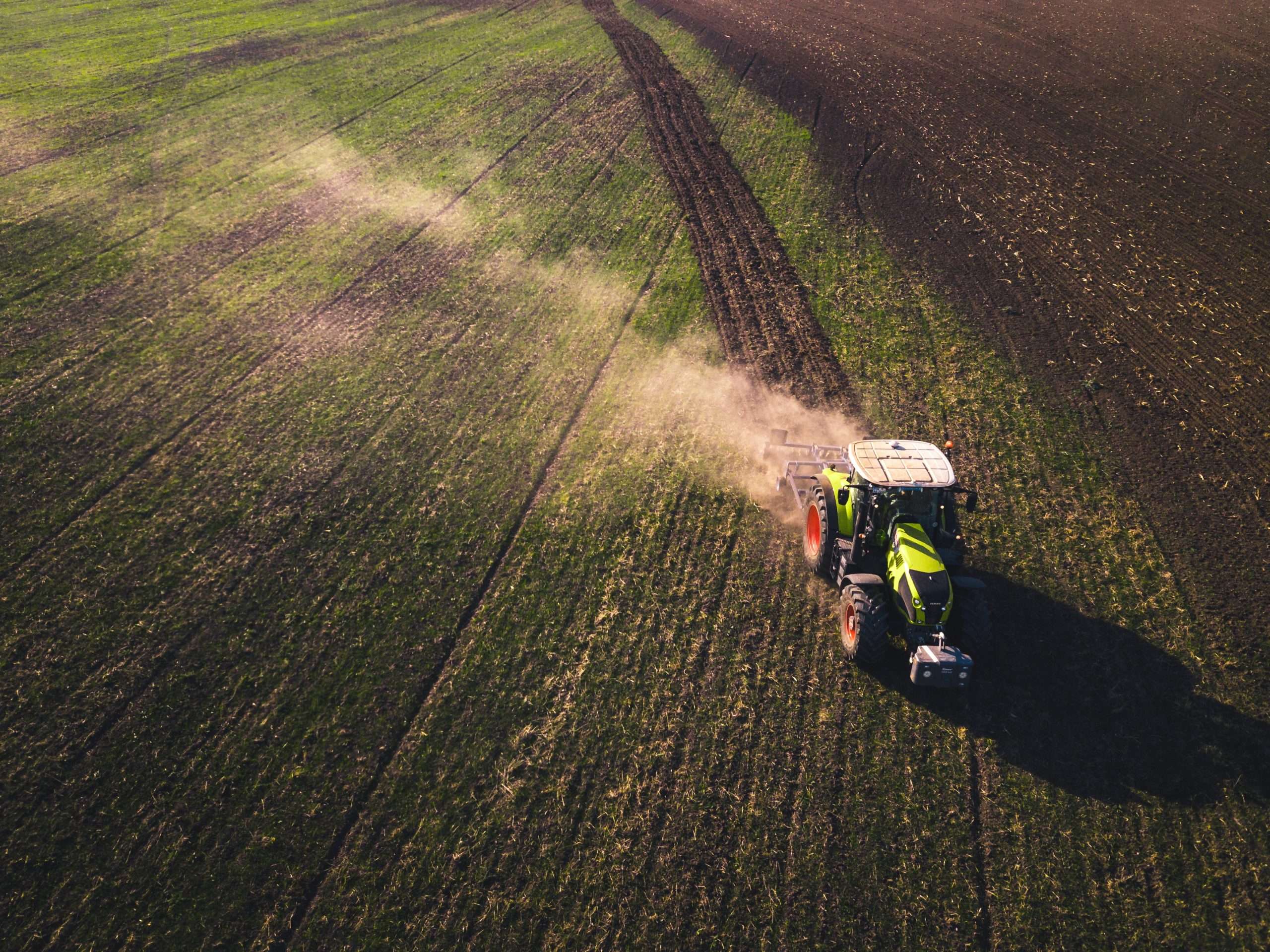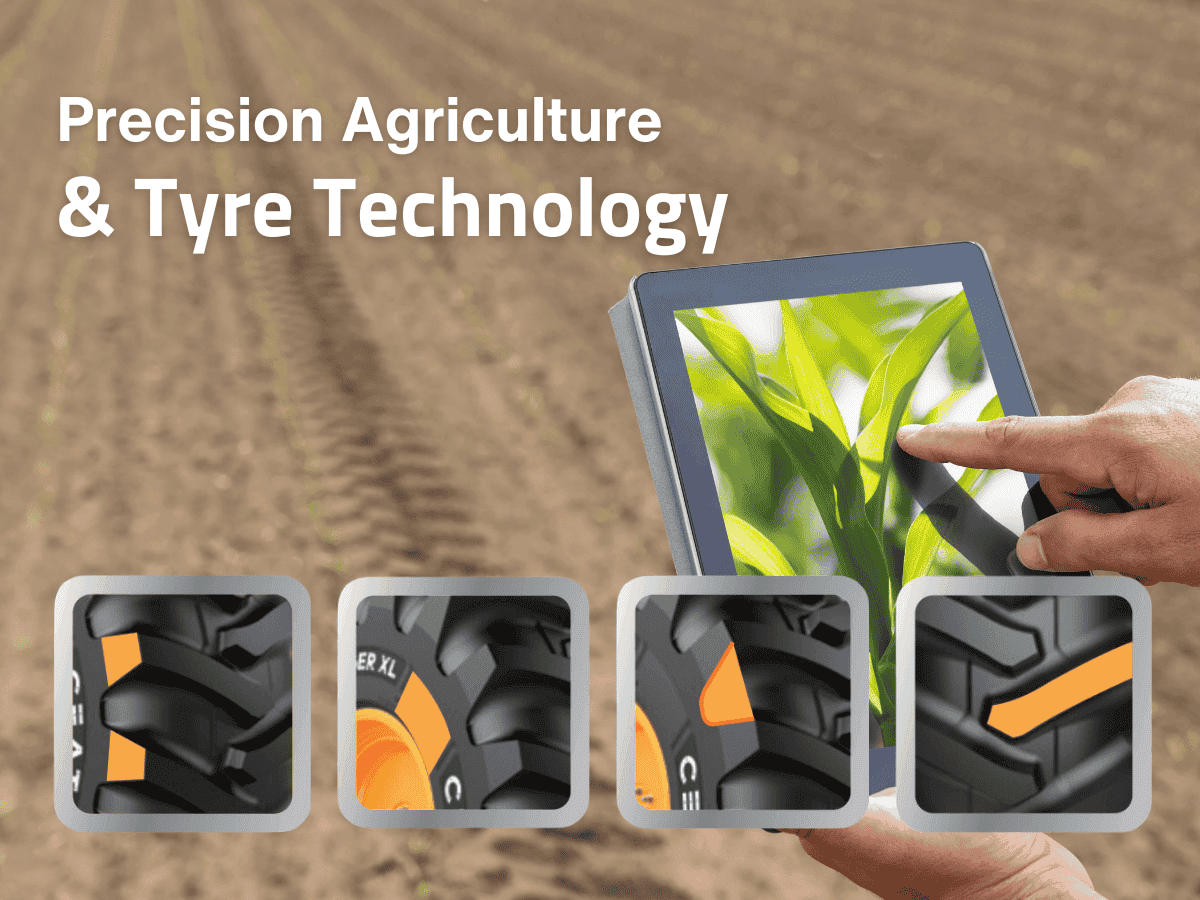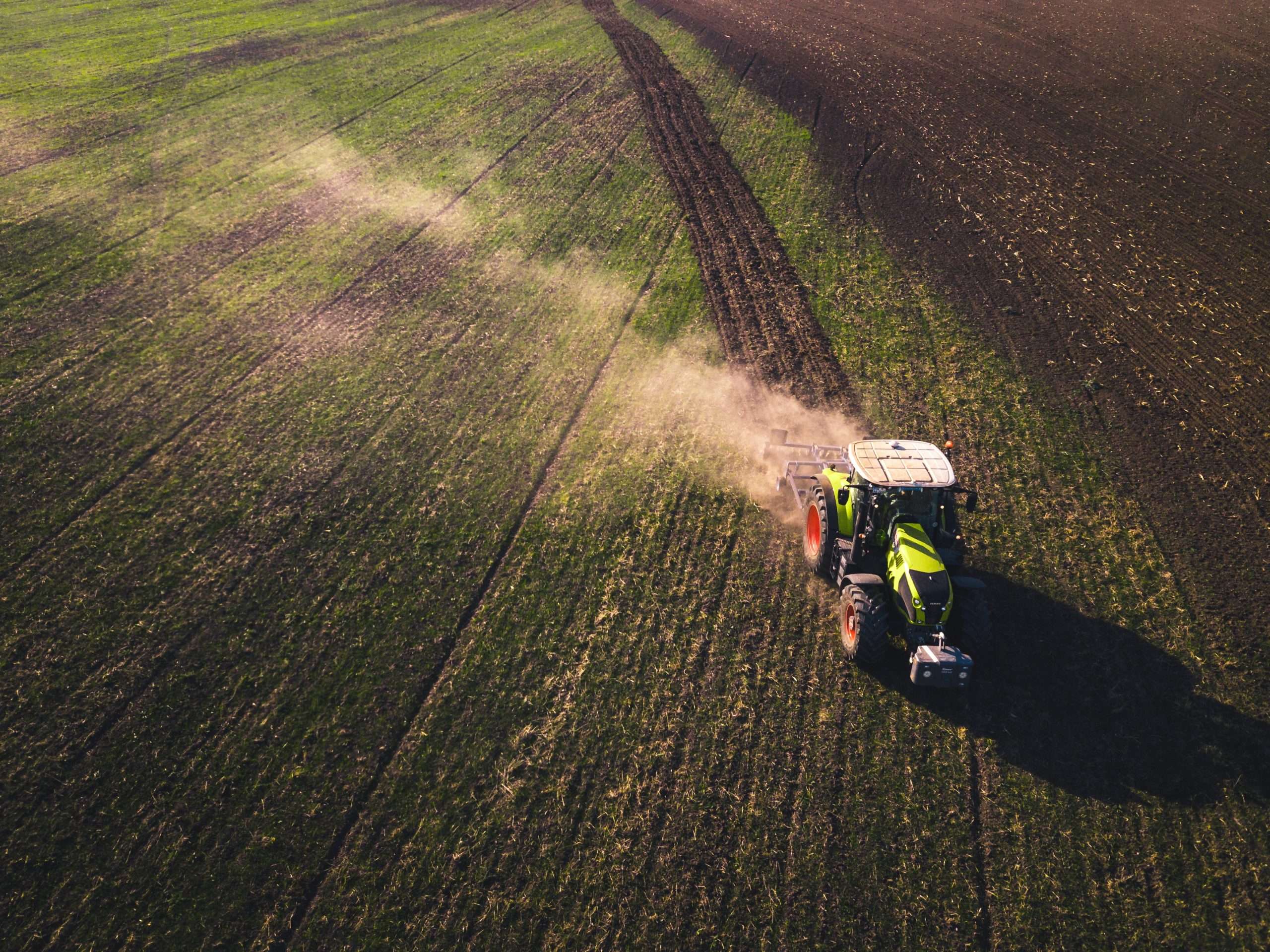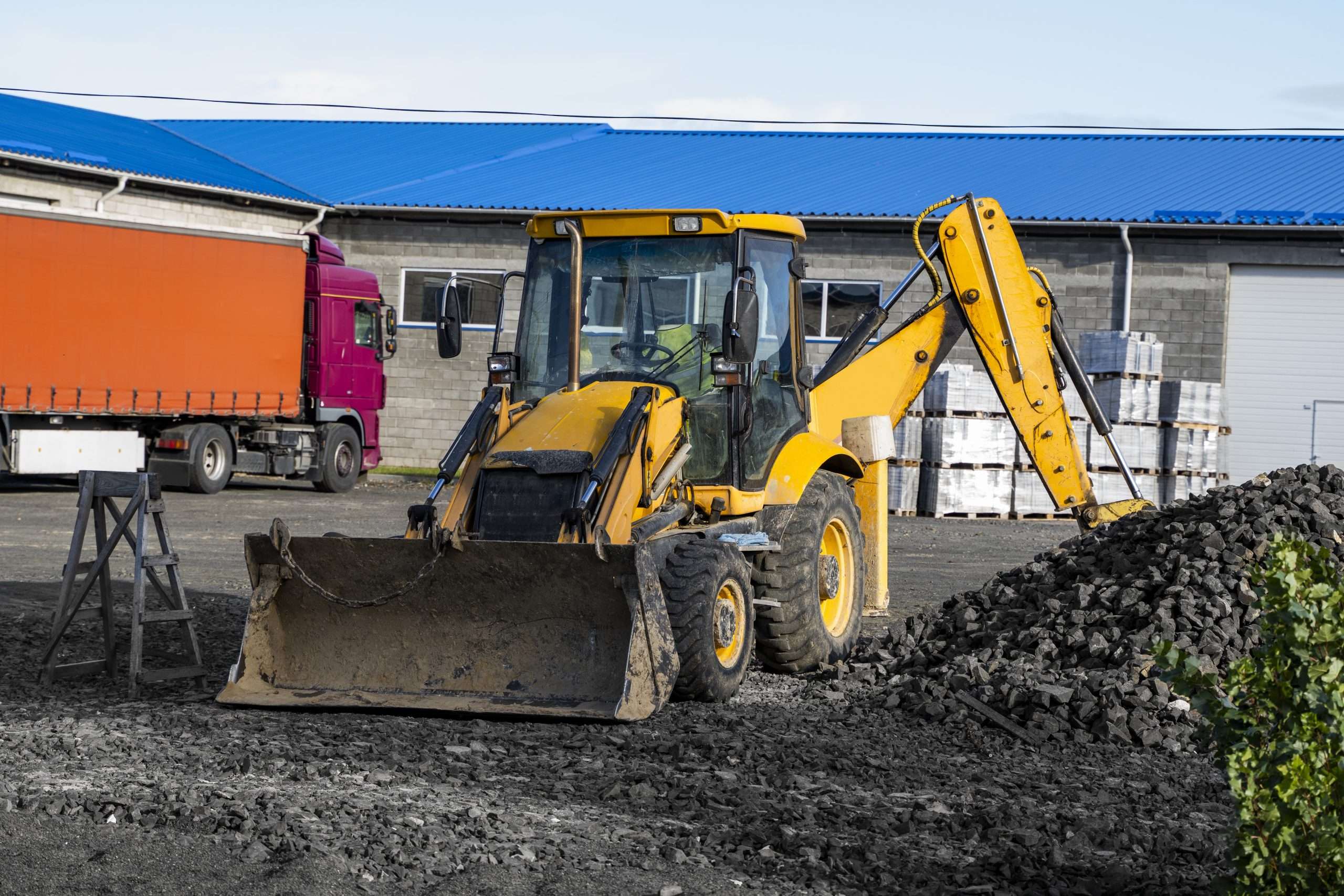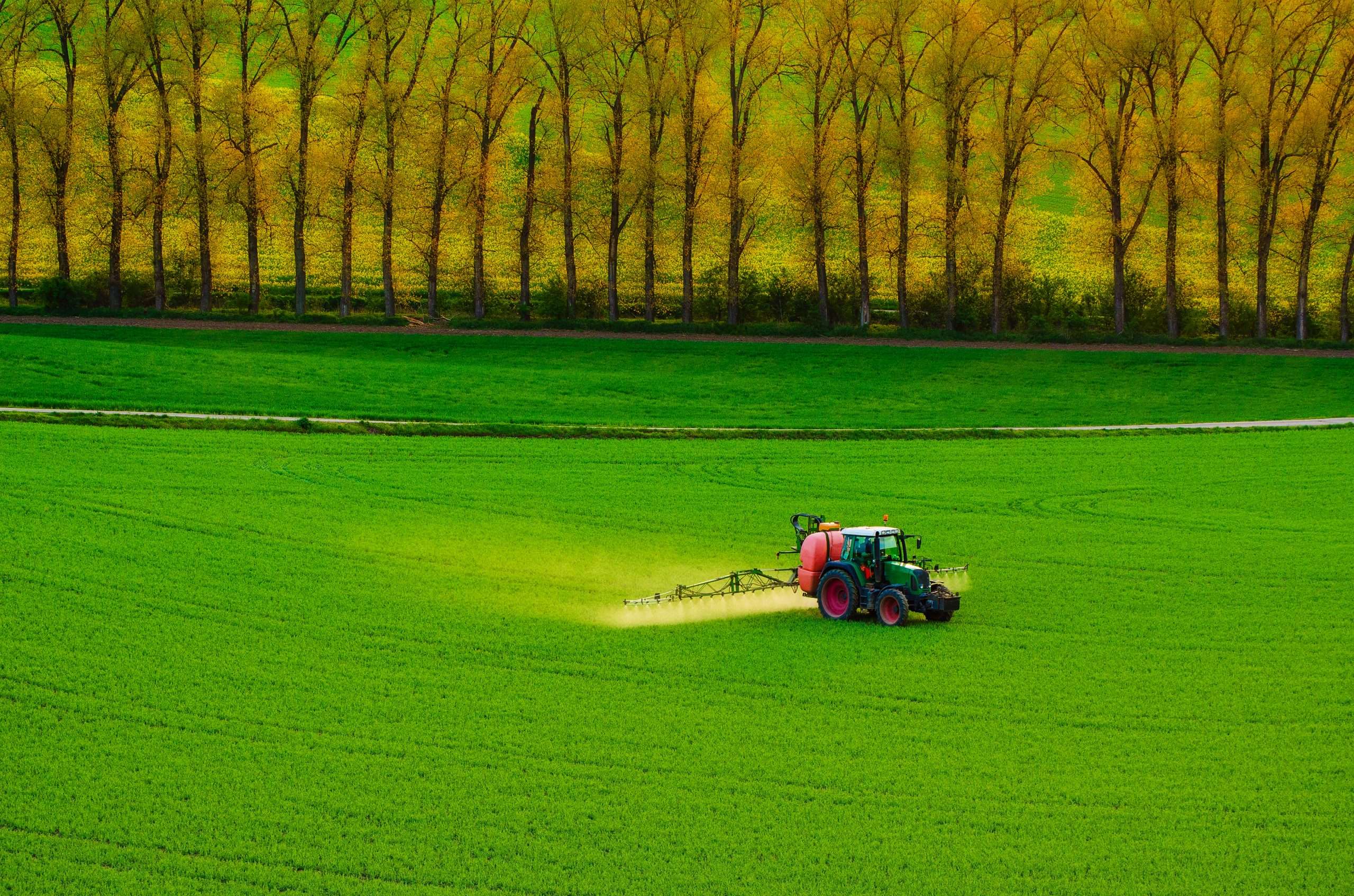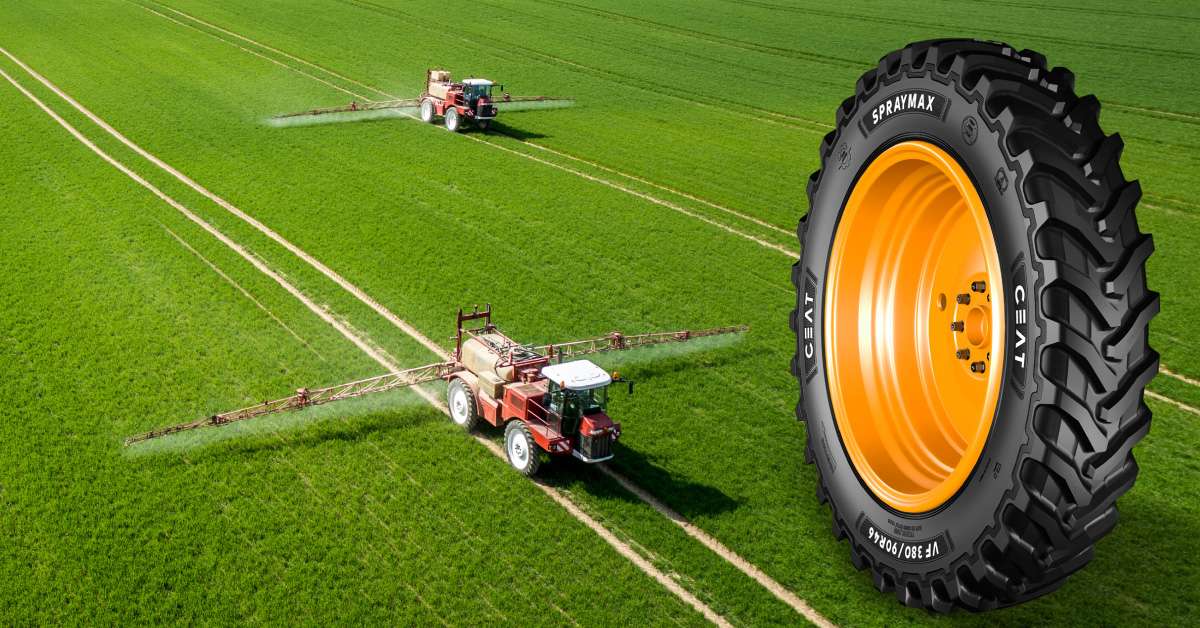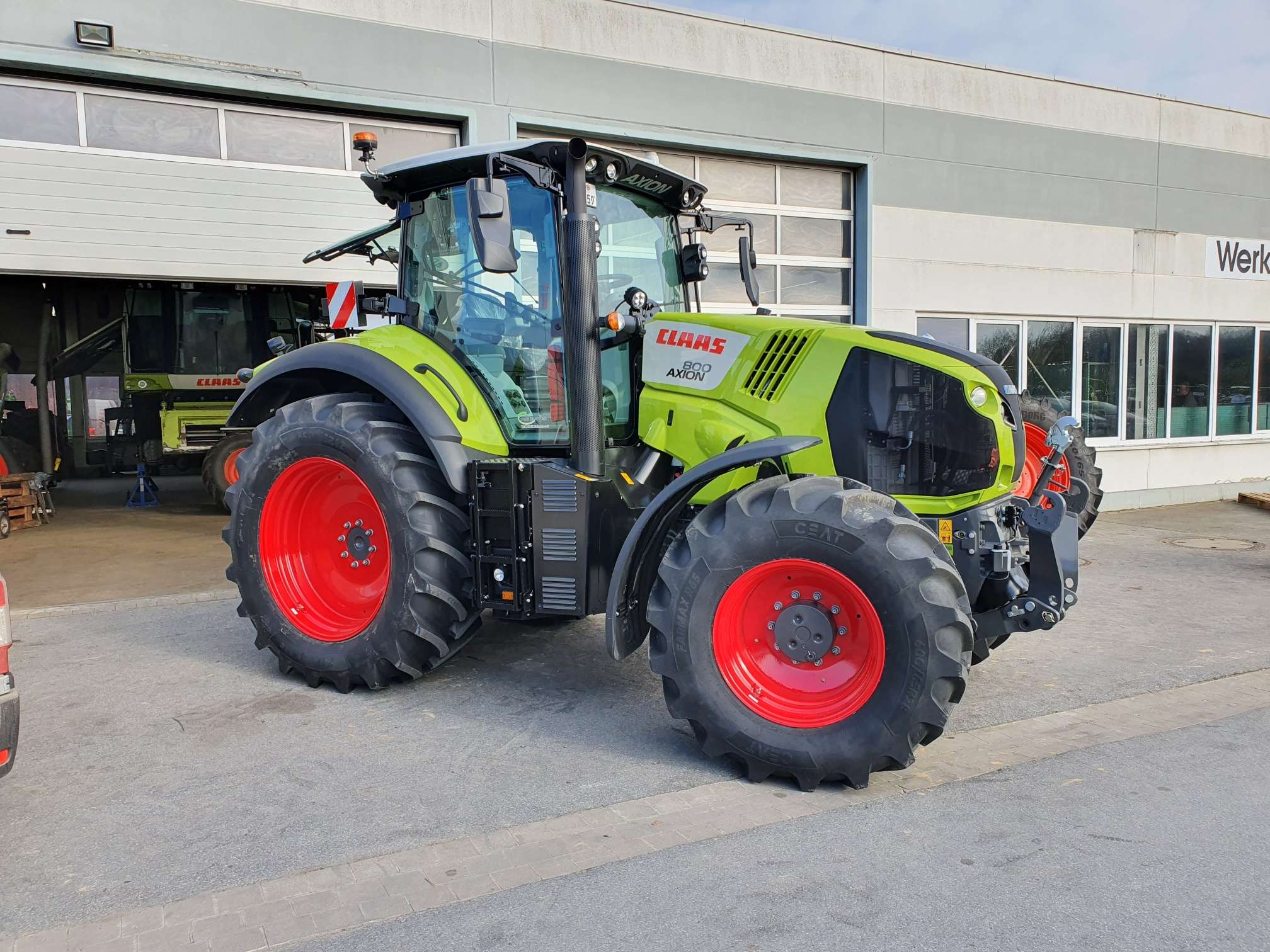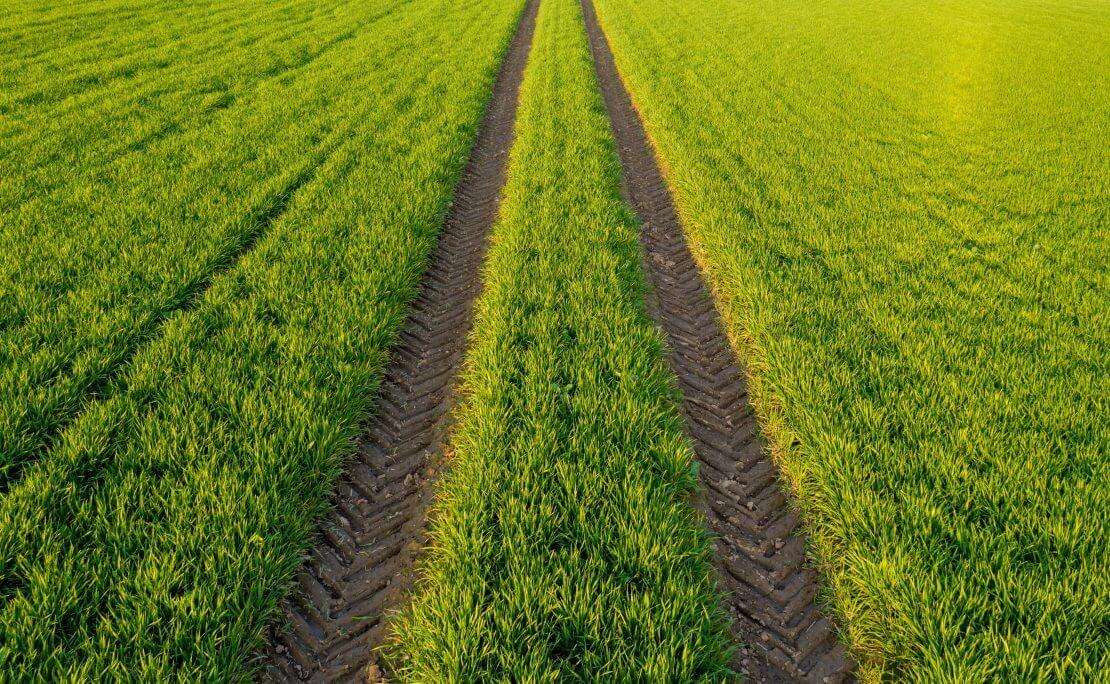ceat-speciality:blogs-tags/all,ceat-speciality:blogs-tags/technology
How Does Sustainability in Agriculture Work?
Thu, 7 Dec 2023 | PRODUCTS
The concept of sustainability has taken centre stage in the evolving landscape of modern agriculture, steering the industry towards a more environmentally conscious and responsible future. Understanding how sustainability in agriculture works is a necessity and a collective responsibility to nurture our planet.
Leveraging natural processes, sustainable agriculture addresses crucial aspects such as soil fertility, water management, crop cultivation, energy utilization, and waste management. In contrast to conventional farms that may rely on chemical fertilizers, sustainable farms prioritize organic methods like manure from on-farm animals and crop rotations. For instance, while a traditional dairy might administer regular antibiotics to prevent bacterial infections, a sustainable dairy opts for sanitary grazing conditions to avoid infections naturally.
Organic farming, a subset of sustainable agriculture, excludes chemical fertilizers, pesticides, and herbicides from crop cultivation and animal feed, ensuring an entirely organic approach.
Let’s delve into the core dynamics of sustainability in agriculture and how it shapes the future of farming.
- Soil Health and Conservation:
At the heart of sustainable agriculture lies a profound commitment to preserving soil health. Practices such as crop rotation, cover cropping, and minimal tillage contribute to soil conservation, preventing erosion and maintaining essential nutrients. Healthy soil enhances crop productivity and contributes to carbon sequestration, mitigating climate change.
- Water Management:
Sustainable agriculture emphasizes efficient water management practices to conserve this precious resource. Technologies like drip irrigation, rainwater harvesting, and precision irrigation systems optimize water usage, reducing wastage and ensuring a sustainable water supply for agriculture.
- Biodiversity Conservation:
Embracing biodiversity is a cornerstone of sustainable farming. By cultivating a diverse range of crops and incorporating natural habitats within agricultural landscapes, farmers promote the health of ecosystems. This, in turn, enhances natural pest control, reduces the reliance on synthetic chemicals, and fosters a more resilient and balanced environment.
- Precision Farming and Technology Integration:
The marriage of agriculture and cutting-edge technology defines the era of precision farming. Farmers can optimize resource allocation, minimize waste, and enhance efficiency through data analytics, GPS technology, and sensor-driven insights. Precision farming maximizes yields and minimizes the environmental footprint of agriculture.
- Renewable Energy Integration:
Sustainable agriculture explores alternative energy sources to power farming operations. Integrating solar panels, wind turbines, and other renewable energy technologies reduces the carbon footprint of farming. It creates a more energy-efficient and self-sustaining agricultural ecosystem.
- Regenerative Agriculture:
Regenerative agriculture goes beyond sustainability by actively restoring and revitalizing the ecosystems affected by farming. Practices like agroforestry, rotational grazing, and integrating livestock with crop production promote soil health, biodiversity, and resilience, ultimately fostering a regenerative agricultural model.
- Community Engagement and Fair Trade:
Sustainability in agriculture extends beyond the farm gate, emphasizing fair trade practices and community engagement. Supporting local economies, ensuring fair wages, and promoting ethical supply chains contribute to the overall sustainability ethos in agriculture.
Let’s now delve into some noteworthy developments from CEAT, including the revolutionary Sustainmax tyre and the efficiency-driven EnergyMax for EC tractors.
SustainMax Tyre: Pioneering Sustainable Agriculture
CEAT Specialty’s commitment to sustainability takes center stage with the development of the SustainMax tyre. This groundbreaking innovation boasts a composition of over 80% sustainable materials. By significantly reducing the environmental footprint associated with tyre production, SustainMax stands as a testament to CEAT’s dedication to fostering greener and more sustainable farming practices.
EnergyMax for EC Tractors: Propelling Efficiency with Sustainability
In energy-efficient agriculture, CEAT introduces the EnergyMax tyre, specifically designed for EC tractors. This tyre exemplifies the fusion of sustainability and efficiency, contributing to reduced fuel consumption and lower emissions. By optimizing traction and minimizing rolling resistance, EnergyMax empowers farmers to traverse their fields with minimal environmental impact, aligning with sustainable agriculture principles.
Sustainability in agriculture is not a distant ideal but a pragmatic and necessary approach to secure our agricultural future. By embracing practices that prioritize soil health, water conservation, biodiversity, and technological innovation, we pave the way for a greener and more resilient agricultural landscape. CEAT Specialty remains committed to supporting sustainable farming practices through innovative agricultural tyres, ensuring that every harvest contributes to a brighter and more sustainable tomorrow. Together, let’s cultivate a future where our fields flourish, our communities thrive and our planet prospers.

